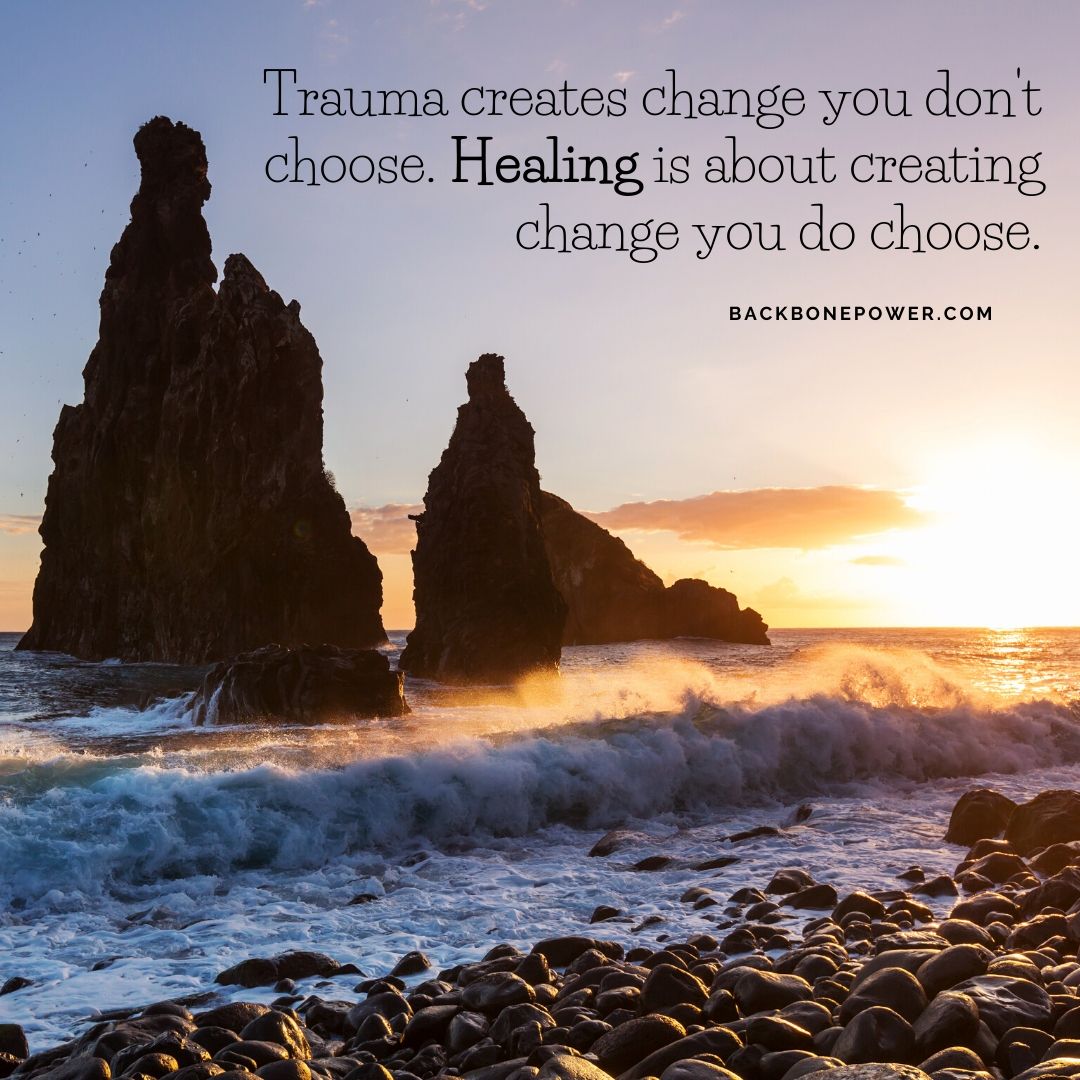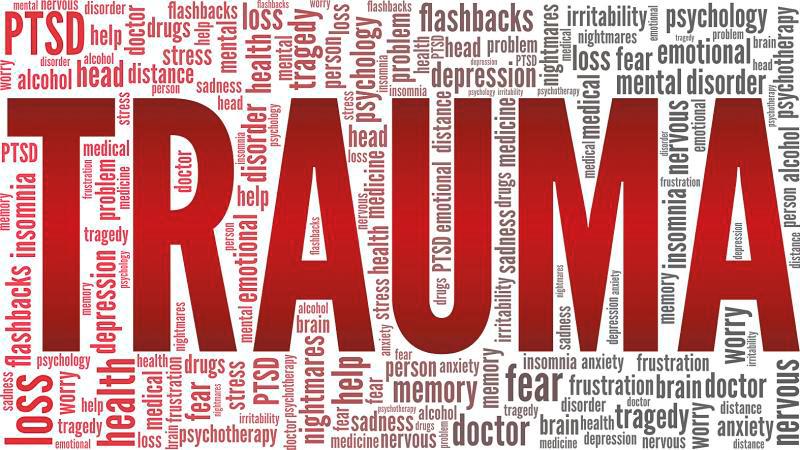Trauma is an emotional response to a terrible event. Trauma occurs when a person is overwhelmed by events, circumstances or extreme stress and responds with intense horror and/or helplessness. It has lasting adverse effects on the individual’s functioning and mental, physical, social, emotional, or spiritual well-being. It shapes our beliefs, identity, spirituality and worldviews. Trauma is not just emotional it is physiological (whole body). Trauma is stored differently than any other memory:
- Traumatic memories are much more vivid than regular memories
- The accounts do not change over time.
- When traumatic memories are retrieved, the physical stress response actually serves to strengthen them, this response making these memories stronger and stronger over time.
There are some common responses to trauma. Emotional reactions can vary greatly, but those most likely to surface include anger, anxiety, fear, sadness, and shame. Some survivors have difficulty handling these emotions, this is more so when the trauma occurred at a young age. Traumatic stress tends to evoke two emotional extremes: feeling either too much (overwhelmed) or too little (numb) emotion. Common behaviors, physical disorders and symptoms include:
- Difficulty with attention and focus
- Learning disabilities
- Low self-esteem
- Impaired social skills
- Juvenile offending
- Suicidality
- Risky sexual behavior
- Sleep problems
- Digestion problems – Irritable Bowel Syndrome, Acid Reflux, Ulcers
- Cardiovascular – high blood pressure, diabetes and heart failure
- Neurological – headaches, flashbacks
- Musculoskeletal – lower back pain, chronic pain
- drug and alcohol issues
- Respiratory – asthma, COPD
- Skin problems – rosacea, psoriasis, lupus, eczema, acne, itching, pain and hives
- Urinary problems
Adverse Childhood Experiences are potentially traumatic events in a child’s life that can have negative and lasting effects on health and well-being. Nearly 1 in 6 adults report they had experienced four or more types of ACEs. Research has shown that there is a direct connection between childhood trauma and adult illness.
Trauma-Informed Care
People to People staff are trained in Trauma Informed Care, which:
- Emphasizes not asking, “What is wrong with you?” but instead asking, “What happened to you?
- Realizes the widespread impact of trauma and understands the potential paths for recovery
- Recognizes the signs and symptoms in individual clients, families, and staff
- Integrates knowledge about trauma into policies, procedures, and practices; and
- Seeks to actively resist re-traumatization
A trauma-informed approach to care recognizes the need to have a complete picture of a client’s life situation – past and present – in order to provide effective health care services with a healing orientation. Adopting these practices can likely improve patient engagement, treatment follow through, and health outcomes, as well as staff wellness.
Ever wonder if you have Posttraumatic Stress Disorder (PTSD)? Click HERE to find out.

